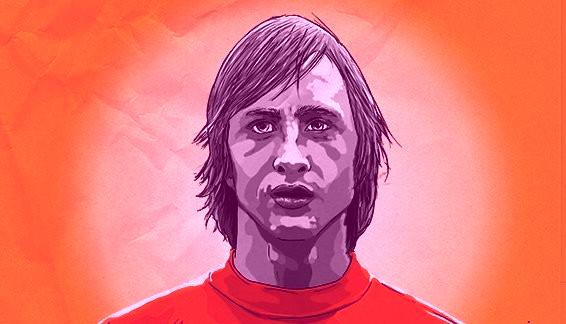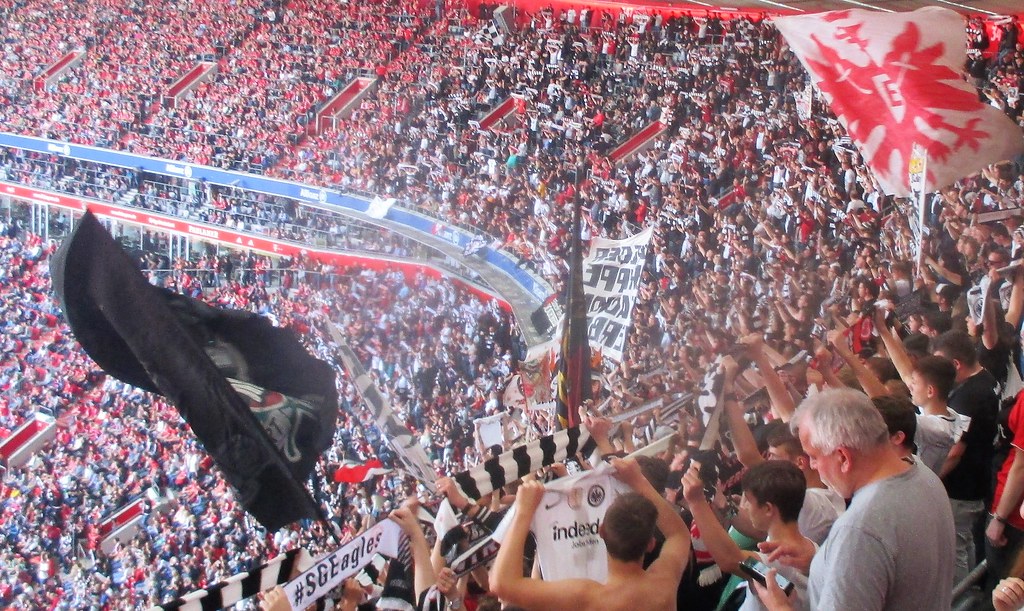After 11 years in the first team and about 15 years, after he moved down from Manchester to join West Bromwich Albion’s youth system, Len Cantello was granted a testimonial season in 1978-79. It ended with a game at The Hawthorns. It was the black v white match that is still talked about today.
Cantello enlisted his teammate and friend Cyrille Regis to bounce around ideas as to how the testimonial should be shaped. “I got talking to Cyrille Regis one day and it became a bit of a challenge match. I said: ‘You pick a team, I’ll pick a team and let’s see how we go.’
“We didn’t think it was controversial.”
The Black v White Match
And so Regis put together a squad composed entirely of black players, and Cantello a team of white players. Regis team was affectionately known as the ‘All Blacks’ by some of the written press.
Bob Hazell, then at Wolves, was one of the players invited to join Regis’s side. “When the idea first went out I don’t think anybody really believed it was going to happen, but I was more than happy to take part,” he says.
By the time the game came around, it had assumed special significance for Hazell: “I grew up half a mile down the road, so I had a lot of people coming, a lot of friends who had never been to a football match before, but they made an effort to attend that.
The All Blacks
It was just a testimonial but they wouldn’t want to come to see us mess about and get hammered by a West Bromwich Albion team. Which could very easily have happened if we didn’t apply ourselves correctly. So the game just meant perhaps a little bit more to us than it did to them.”
The match brought down the curtain on a memorable season for West Brom. Much of which had been spent competing for the league title. At the turn of the year, they were level with Liverpool at the top of the table. It was only a run of five draws in six games in April that in effect ended their ambitions. They finished third, overtaken by Nottingham Forest. Losing to them at home on the final day. With a team including Regis, the winger Laurie Cunningham and the defender Brendon Batson. Three black players were collectively dubbed the Three Degrees by their manager, Ron Atkinson.
5 Goal Thriller
Cantello remembers little of the controversy in the buildup to the game, which was watched by a crowd of 7,023 and won 3-2 by Regis’s side. “It was interesting to see what the reaction would be,” he says. “There was a lot of black people living in the Midlands then but there wasn’t a lot that went to watch West Bromwich Albion play, and you’re trying to get local people to come and watch the club. As I remember, we probably had more black people watching the game than normal. There was no trouble. It was a testimonial game and it should be played in the right spirit, and it was.”
Cantello had already decided to leave West Brom and within a fortnight of his testimonial, he moved to Bolton. “It was an emotional game for me because it was my last game.
Team Line-Ups
The West Brom XI team featured Tony Godden, Paddy Mulligan, Derek Statham, Tony Brown, John Wile, Bryan Robson, Johnny Giles, John Trewick, Alistair Brown, Len Cantello, David Mills, David Stewart, Martyn Bennett and Kevin Summerfield.
The Cyrille Regis & Laurie Cunningham XI featured Ian Benjamin (Sheffield United), Vernon Hodgson (West Bromwich Albion – a trialist[2]), Brendon Batson (West Bromwich Albion), Derek Richardson (QPR), Stewart Phillips (Hereford United), George Berry (Wolverhampton Wanderers), Bob Hazell (Wolverhampton Wanderers), Garth Crooks (Stoke City), Winston White (Hereford Utd), Cyrille Regis (West Bromwich Albion), Laurie Cunningham (West Bromwich Albion), Remi Moses (West Bromwich Albion), Valmore Thomas (Hereford United). Benjamin, Phillips, Crooks and White would go on to sign for West Bromwich Albion later during their playing career. Roger Palmer was expected to play but was not available.
This post may contain affiliate links which means I may receive a commission for any purchases made through these links. Learn more on our Privacy Policy page.
Matthew Selby
I was brought up watching football in the late 70s and 80s. Throughout this period my obsession with the British game was almost unhealthy, and as a result my knowledge and memory about this period is second to none.
Now residing in Australia I have a formal volunteers role with my passion, Liverpool FC and I also run an online football shop footballgifts.com.au.
Related Posts
Iconic Moments in 1970s Football
Dive into the golden era with legendary footballers of the 1970s. Explore…
Football Hooliganism : Unrest on the Terraces during the 1980s
The rise of football hooliganism in England during the 1980s was a pressing…
Two Matches In One Day
In today's game could you imagine asking a professional footballer to play two…




